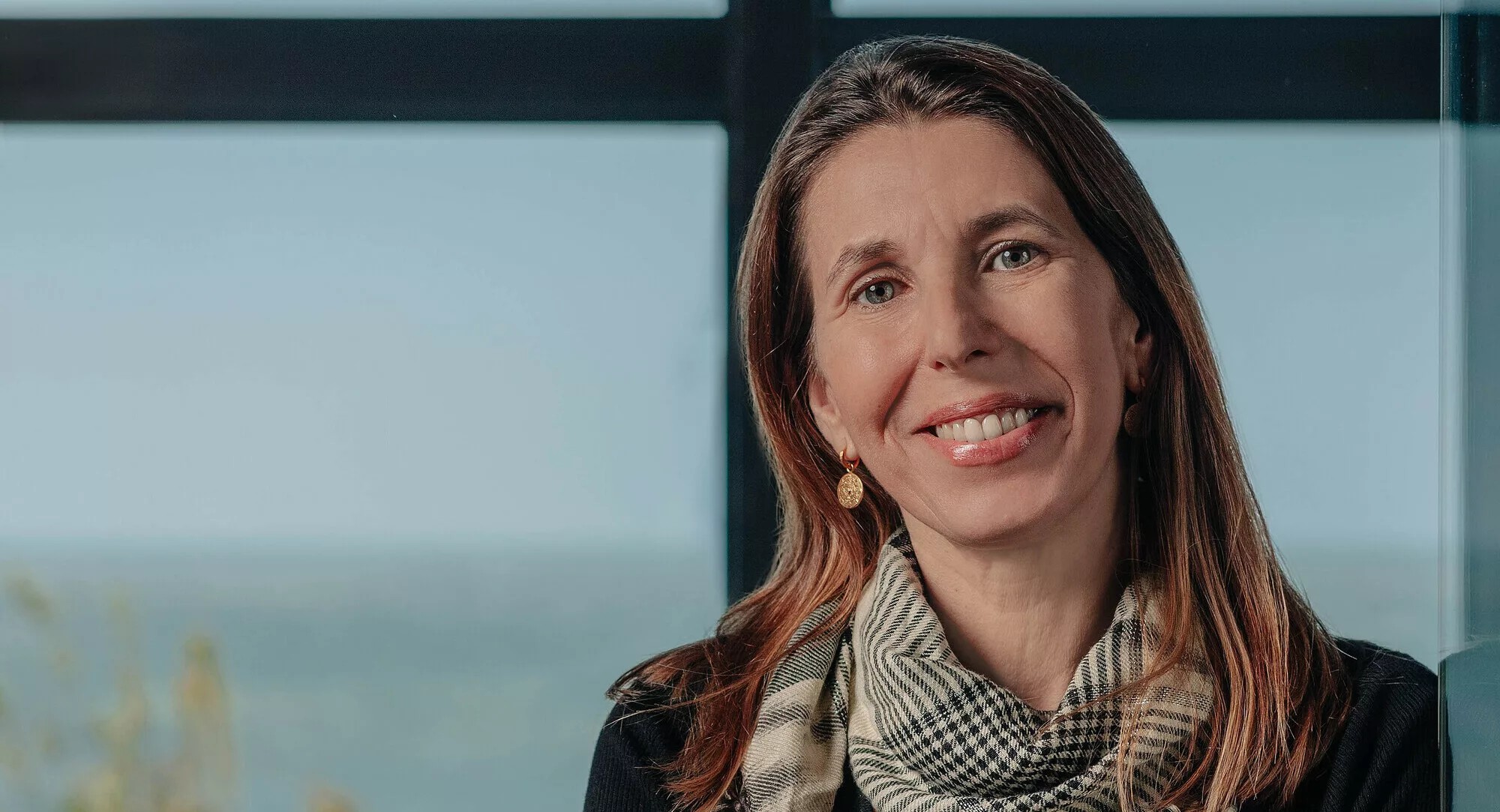You’ve probably read in the previous pages of this LIDER edition that demonstrating vulnerability is not a weakness. Instead, it’s an essential soft skill that challenges us to accept our limits.
When leaders embrace and share their own vulnerability, the work environment gains authenticity, and teams emerge stronger. Everyone starts to feel like part of a cohesive whole, and this transformation is palpable: employees increasingly desire to belong and share the same culture. What was once a nice-to-have has become a must-have – a renewal of the motto “associate with the right people and you’ll become like them.”
Irrefutable proof that vulnerability is a quality that can be developed as easily as forgotten?
Men, taught for decades not to cry, finally feel comfortable doing so.
Meanwhile, Women, by suppressing their vulnerabilities to change perceptions in the workplace, have unlearned to do it. In short, an unfortunate mismatch.
Speaking openly about this phenomenon is the American entrepreneur Kory Stevens, who recently shared a collage of two radically different photos of himself. In the first photo, we see a radiant Kory, after receiving the Entrepreneur of the Year award in 2019, created by Forbes magazine, which honors 30 under 30; in the second photo, a tearful, unrecognizable selfie of Kory.
The collage was shared last year, four years after both photos were taken, in a post on his LinkedIn profile. Kory explains that only nine days separate the two portraits: the second marks the moment when he voluntarily admitted himself to a psychiatric hospital, fearing for his own life. It’s a brave and personal example that he now carries into his daily life, through lectures on mental health and professional life. Vulnerability is transparency.
But vulnerability is also culture. If we delve into the origin of the Latin word, we find confirmation: colere means to care, cultivate, and grow. For me, this is managing a team: being attentive, ensuring that everyone grows healthy, in a balanced environment comfortable enough to transparently share their needs.
Vulnerability, thus, embodies empathy—not only with others but also with oneself. It’s understanding that giving my best doesn’t always mean producing the same amount of work. And, a difficult task, means accepting from oneself what one accepts from others. It’s, above all, being happy and secure, both at work and outside of it, respecting the limits imposed by body and mind.
When viewed as a mission, vulnerability is also an invitation. An obligation to pay attention to the happiness of others. It requires us to leave our comfort zone daily and asks us to feel comfortable while doing so. It demands that we be brave in our skin, making room for others to present themselves as they are, without artifice. I practice this soft skill every day, and every day I am reminded that I am – that we are – on the right path. There’s no way to go wrong.
This article was written by Filipa Montalvão, Co-founder & Partner of White Way, and originally published in LIDER Magazine.
